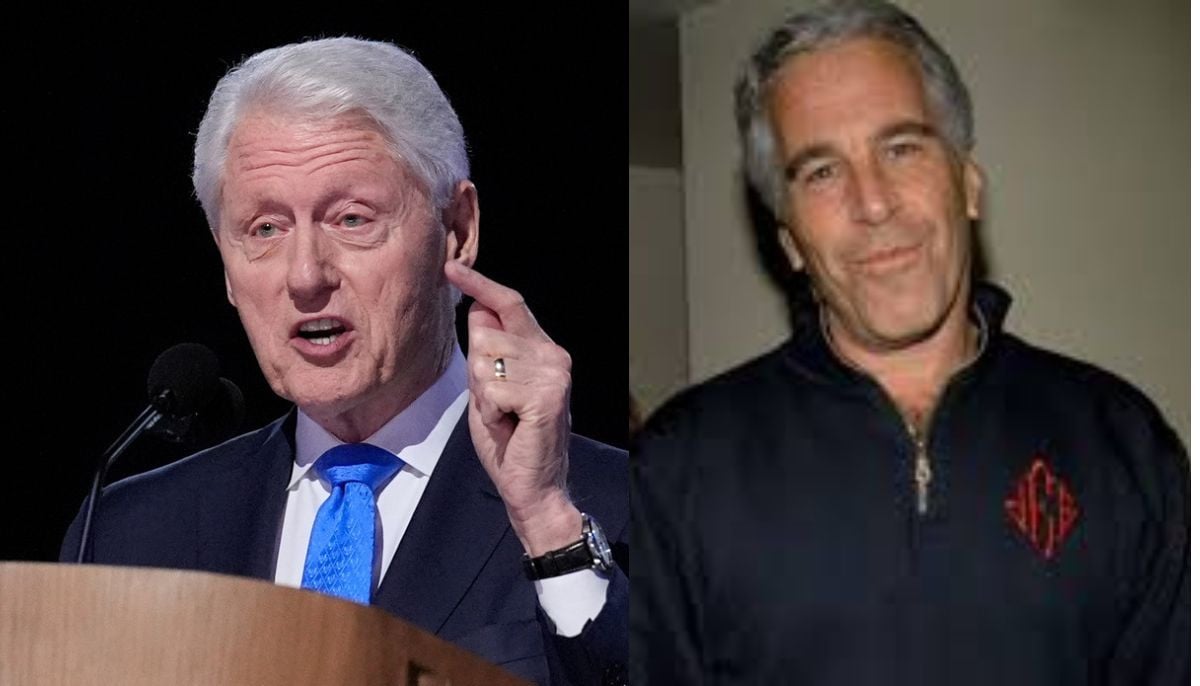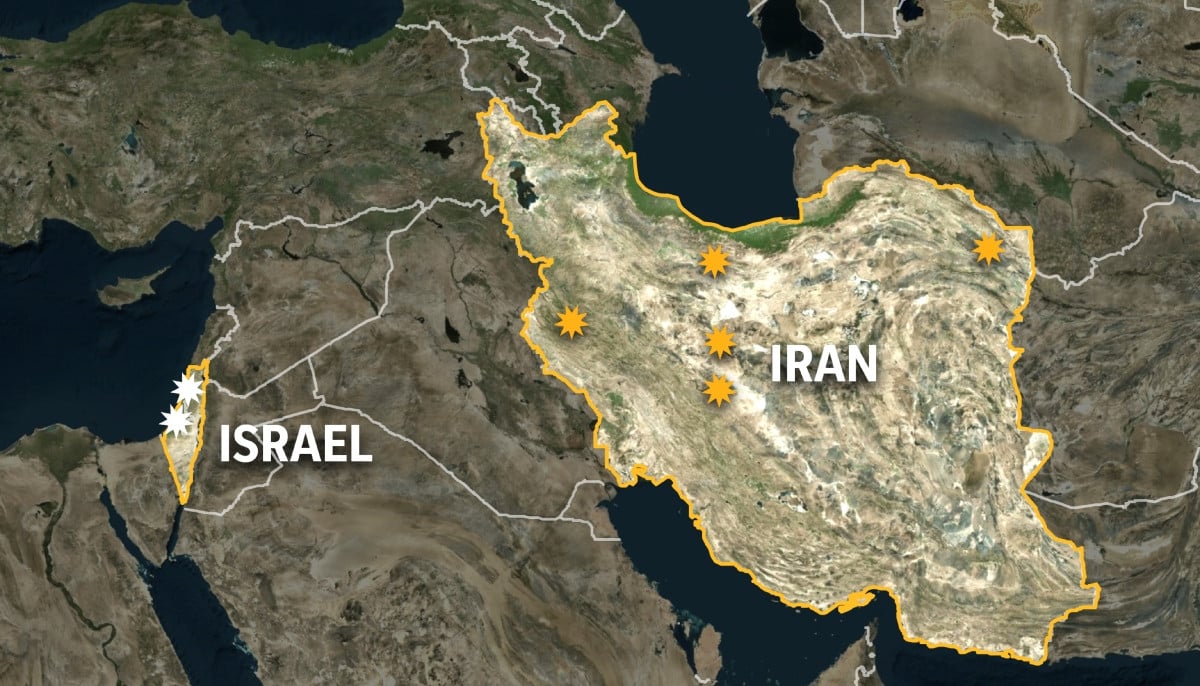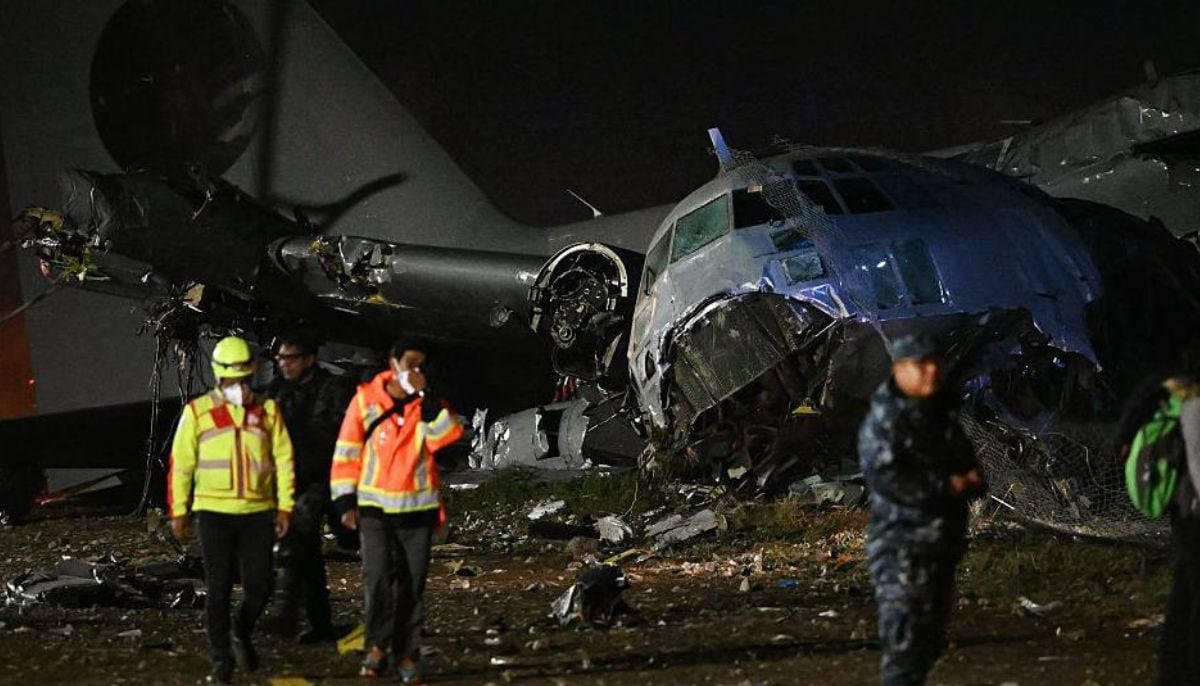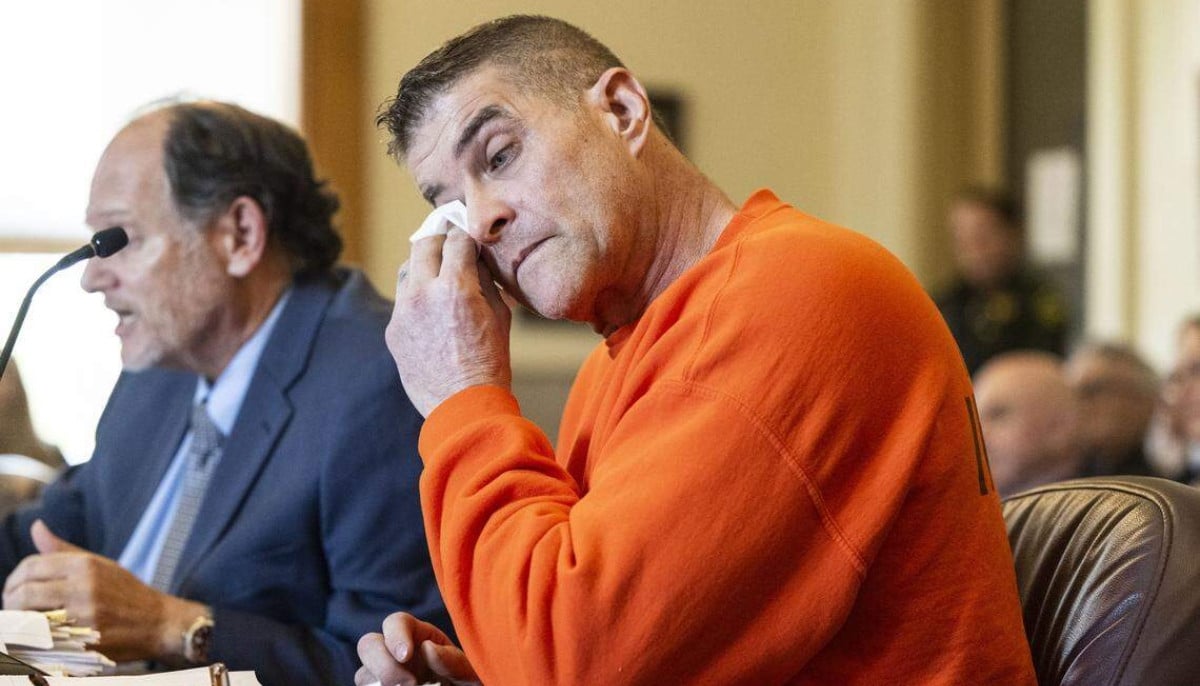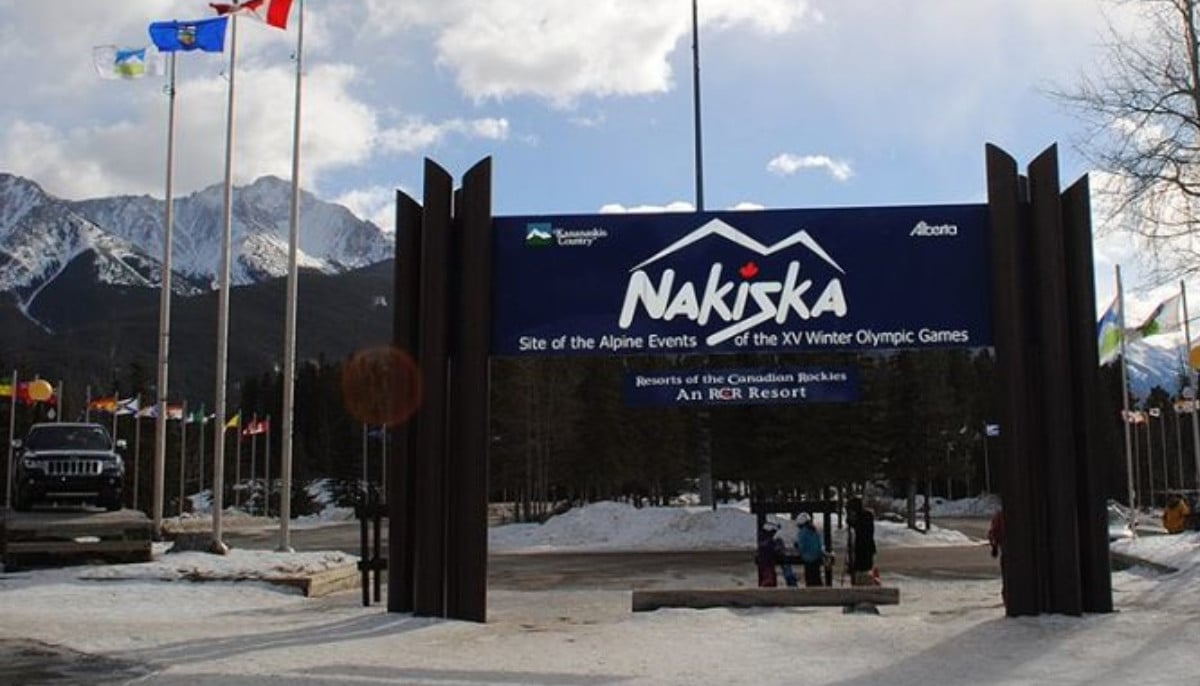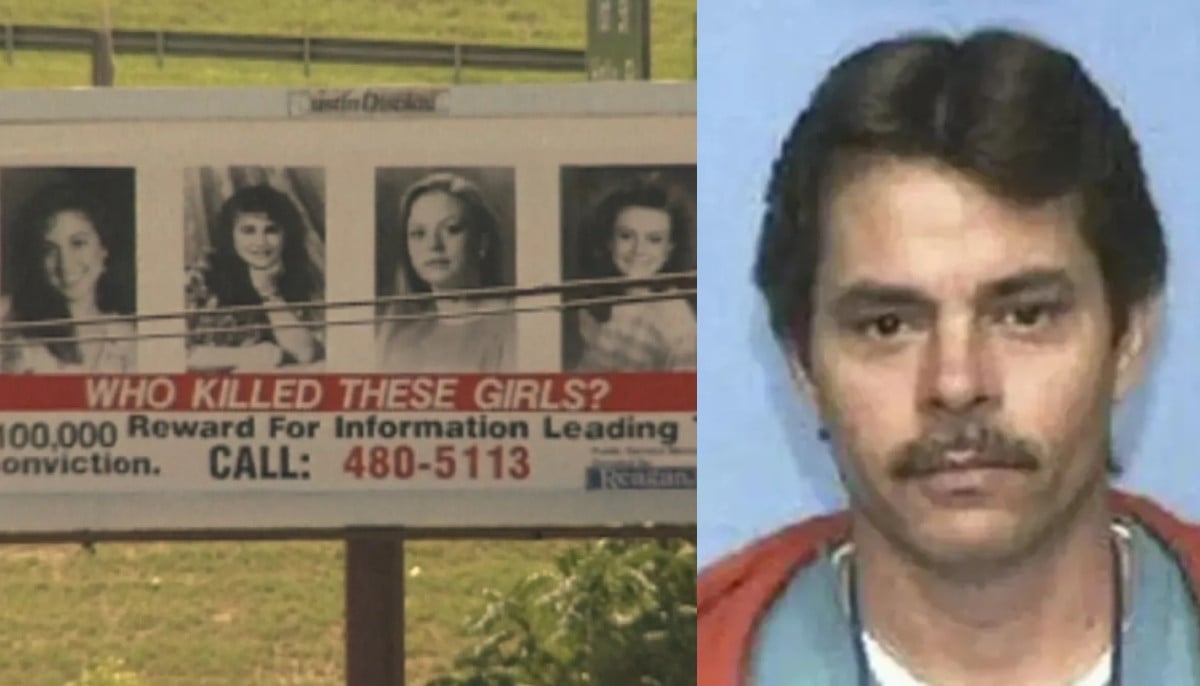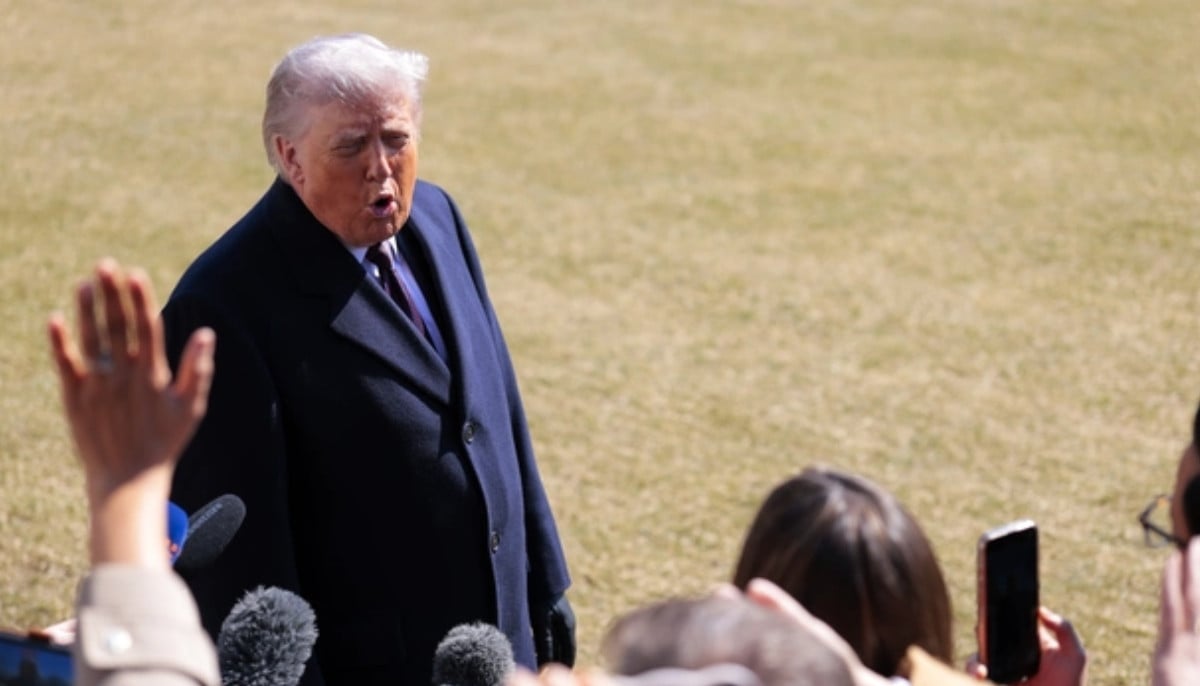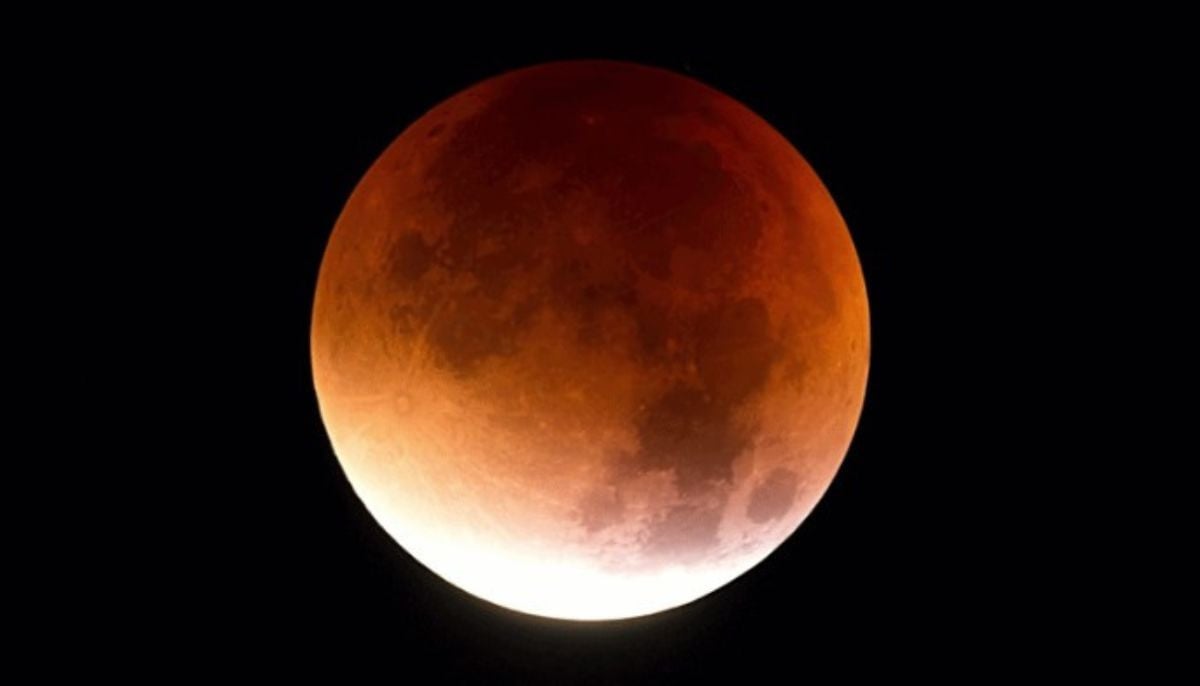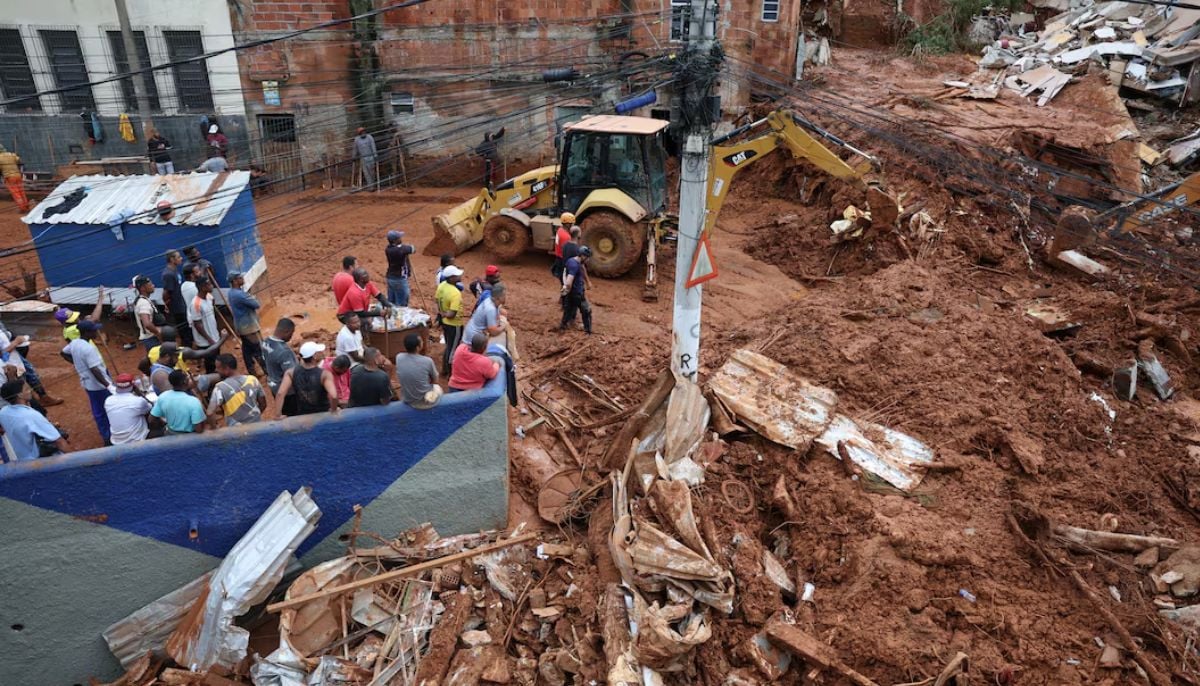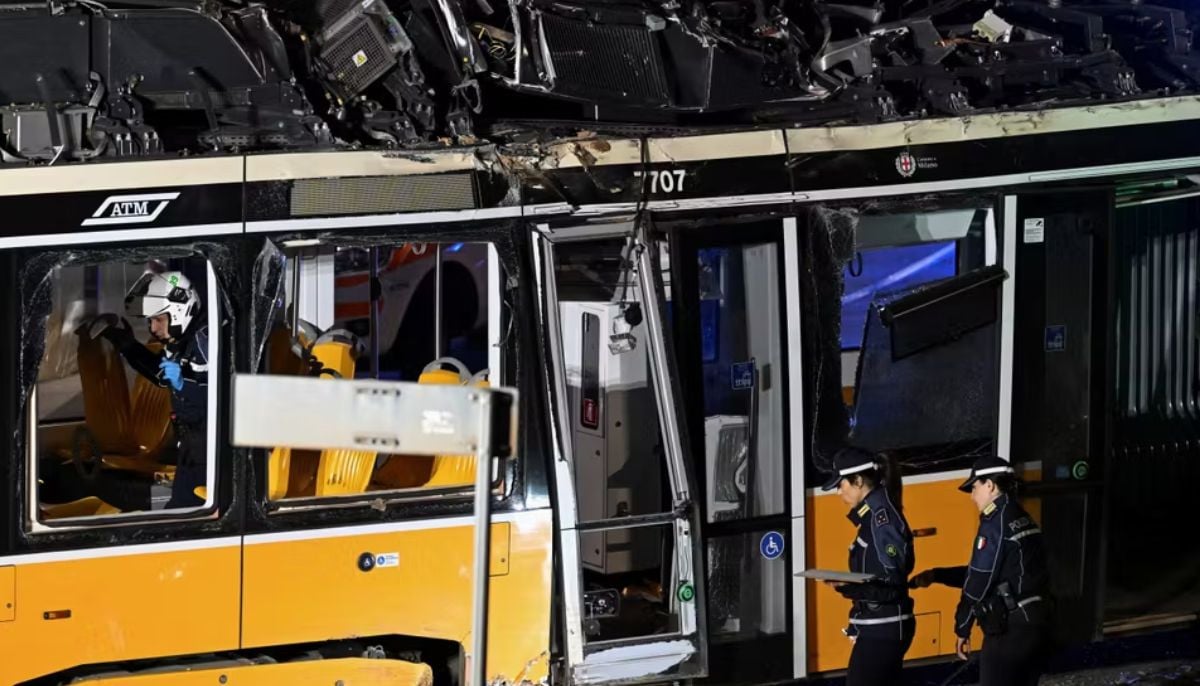Slovenia´s first mosque opens after 50 years
Islamic community head Mufti Nedzad Grabus said the mosque´s opening was "a turning point in our lives".
LJUBLJANA: Slovenia´s first mosque opened in the capital Ljubljana on Monday after surmounting financial hurdles and right-wing opposition, 50 years after the initial request to build it was made.
Opponents of the project -- including those who criticised its Qatari financing -- have repeatedly tried to halt it, and mutilated animals as well as blood have also been left on the site in the past.
Islamic community head Mufti Nedzad Grabus said the mosque´s opening was "a turning point in our lives".
"Slovenia is the last former Yugoslav state to get a mosque, making Ljubljana a capital rather than a provincial town on the edge of the world," he told a press conference.
Muslims in the predominantly Catholic Alpine country first filed a request to build a mosque in the late 1960s while Slovenia was still part of the former Communist Yugoslavia.
The community finally received permission 15 years ago, but ran into opposition from right-wing politicians and groups, as well as financial troubles.
Construction, which began in 2013, cost some 34 million euros ($39 million), out of which 28 million euros were Qatari donations, according to Gabris.
Situated in a semi-industrial area of Ljubljana, the mosque, which can hold up to 1,400 people, constitutes the core of the six-building Islamic Cultural Centre.
The centre also comprises the community´s offices; an education centre, which includes a library; a restaurant; a basketball court; housing for the Muslim clerisy; and a 40-metre (131 feet) high minaret.
All the buildings are made from white concrete combined with steel, glass and wood. A large blue textile-made dome dominates the mosque´s interior, referring to heaven and reminiscent of famous mosques like Istanbul´s Blue Mosque.
Until now, Muslims -- which make up 2.5 percent of the country´s two million people, constituting the second biggest religious group, according to the last 2002 census -- have been holding their ceremonies in rented sports halls or buildings.
-
Nakiska Ski Area avalanche leaves youth unresponsive, second skier escapes unhurt
-
Igor Komarov missing in Bali: Seven foreign suspects arrested in kidnapping probe
-
Yogurt shop murders solved: 1991 Austin cold case finally linked to serial killer
-
Iran tensions rise as Trump says he is 'not thrilled' with nuclear negotiations
-
Sam Altman opens up about OpenAI, Anthropic, Pentagon conflict
-
Lunar eclipse 2026: Time, date, sighting locations, know every detail
-
Death toll climbs to 54 as floods wreck South-eastern Brazil
-
Milan tram crash leaves two dead, 39 injured

